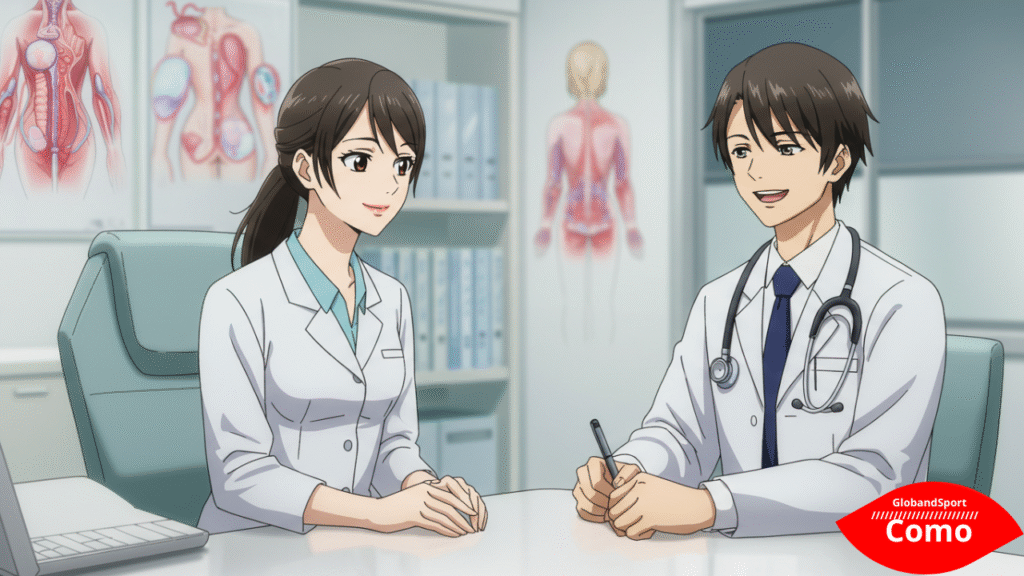What is bacterial vaginosis?
Bacterial vaginosis is a common condition that affects the vaginal flora. It occurs when there is an imbalance between the “good” bacteria (such as lactobacilli) and the “bad” bacteria that naturally live in the vagina. Unlike a sexually transmitted infection, it is not considered an STI, but it can be triggered by factors linked to intimate routines.
Main symptoms include:
- Grayish or whitish discharge
- Strong odor, especially after sexual intercourse
- Itching or slight discomfort
Although it often doesn’t cause pain, vaginosis needs attention so that it doesn’t lead to future complications, such as an increased risk of infections and problems during pregnancy.
🧼 Intimate hygiene: less is more
Many people think that “cleaning your intimate area well” means washing it several times a day with strong soaps or using vaginal douches. But this can have the opposite effect: removing protective bacteria and making room for those that cause vaginosis.
Essential tips:
- Wash the external area (vulva), never the vaginal canal.
- Use mild, pH-balanced intimate soap.
- Avoid vaginal douches and perfumes in the intimate area.
- Wipe from front to back after going to the toilet.

👙 Clothes and routine: what influences them?
Wearing tight clothing or synthetic fabrics can increase heat and humidity in the genital area, creating an ideal environment for bacterial imbalances.
Prefer:
- Cotton panties
- Light and airy clothing
- Sleeping without panties for natural ventilation
Avoid spending too much time in wet clothes, such as bikinis, and change your underwear every day.

❤️ Sexual activity and prevention
Although vaginosis is not an STI, unprotected sex can affect the balance of the vaginal flora. Semen is alkaline, which can alter the pH of the vagina and facilitate the onset of vaginosis.
Useful precautions:
- Use condoms in all relationships
- Avoid multiple unprotected partners
- Urinate after sex to clean the urethra
- Avoid perfumed lubricants or those with aggressive components

🥦 Food and immunity
Intimate health also depends on what you eat. Foods rich in probiotics and nutrients strengthen the vaginal flora and immune system.
Allied foods:
- Natural yogurt
- Kefir
- Fruits rich in vitamin C
- Plenty of water
Avoid excess sugar, which feeds bad bacteria.

🩺 When should I see a professional?
If you notice symptoms such as a strong odor, a change in discharge or persistent discomfort, see a gynecologist. Treatment is simple and is done with prescribed antibiotics – usually in the form of a cream or tablet.

Put it into practice
Preventing bacterial vaginosis is more about respecting your body’s natural balance than making big changes. Small attitudes in everyday life make all the difference: gentle hygiene, protection during intercourse, a balanced diet and comfortable clothes.
👉 Share this content with friends, mothers, sisters and partners. Intimate information is self-care!














